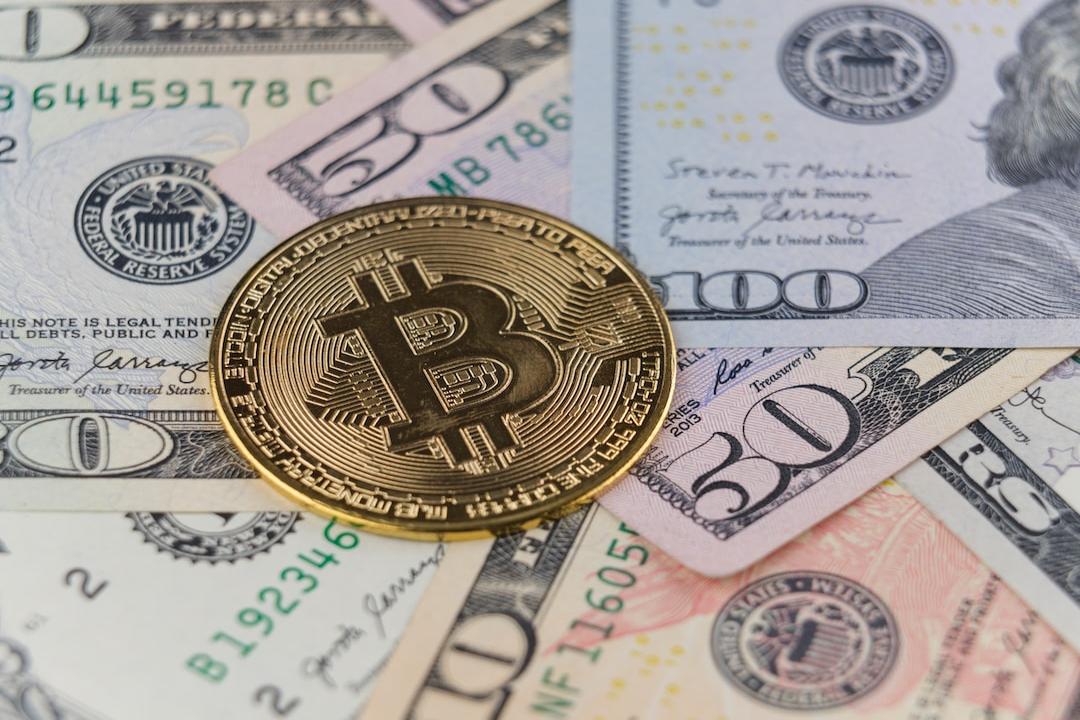Twenty One Capital Launches with Significant Bitcoin Holdings
Twenty One Capital launched in April 2025 with more than 42,000 Bitcoin (BTC) in its corporate treasury. The company became one of the largest institutional Bitcoin holders, ranking behind only MicroStrategy and Marathon Digital. The BTC holdings are worth over $3.6 billion based on current market value.


The company was formed through a merger with Cantor Equity Partners, a special purpose acquisition company (SPAC). Twenty One Capital will go public under the ticker symbol “XXI.” CEO Jack Mallers, who also leads Strike, will manage the firm’s operations and Bitcoin-focused strategy.
Twenty One Capital aims to offer exposure to Bitcoin through public markets. Its launch brings a new institutional Bitcoin vehicle backed by major firms.
Tether and SoftBank Back Institutional Bitcoin Expansion
The company received backing from Tether, Bitfinex, and SoftBank. Tether and Bitfinex together transferred 31,500 BTC to Twenty One Capital. This amount formed the core of the initial BTC treasury. SoftBank acquired a minority stake by purchasing shares from Tether.
The company also plans to raise $585 million in capital through equity sales, convertible notes, and debt. These funds will be used to buy more Bitcoin and for operational needs. The structure enables the company to focus only on Bitcoin acquisition and storage.
Cantor Fitzgerald is involved through its SPAC, bringing capital markets experience into the company. The formation process also includes planned metrics to track Bitcoin ownership.
Twenty One Capital Introduces Bitcoin Per Share Metric
Twenty One Capital will use Bitcoin per share (BPS) as its core metric. BPS shows how much Bitcoin backs each publicly traded share. The company says this replaces the typical earnings-per-share metric used in traditional stocks.
It will also report a Bitcoin Return Rate (BRR), which reflects the growth of Bitcoin per share over time. These metrics align with the company’s stated goal to increase Bitcoin per share, not fiat earnings.
This structure allows the stock price to mirror the performance of its BTC treasury. If BTC rises in price, so might the share price. If the company increases its BTC holdings, the Bitcoin per share ratio improves, potentially attracting more investors.
Jack Mallers Will Lead Twenty One Capital
Jack Mallers will serve as CEO. He is known for integrating Bitcoin payments into traditional finance through his Strike platform. His role at Twenty One Capital includes expanding the firm’s Bitcoin holdings and driving strategy.
Mallers stated that the company’s mission is to maximize Bitcoin per share and develop Bitcoin-native financial tools. Unlike other companies that hold a mix of assets, Twenty One Capital will focus only on Bitcoin.
This approach marks a shift in how institutions may treat Bitcoin. Instead of allocating a percentage of assets to BTC, Twenty One Capital’s entire business model centers around it.
Market Reaction to Twenty One Capital’s Announcement
After the launch announcement, Cantor Equity Partners’ shares rose by over 460%. This increase reflects strong market interest in Bitcoin-focused public firms. The move came during a 30% price increase in BTC over recent weeks.

The share price surge signals broader acceptance of institutional Bitcoin models. Analysts have connected the jump to investor interest in BTC-backed stocks.
However, the company’s strategy, structure, and corporate control have also raised concerns. The concentration of Bitcoin in corporate treasuries may impact supply and long-term market structure.
Some market participants raised concerns about the impact of one company holding 42,000 BTC. With Bitcoin’s supply capped at 21 million, large corporate holdings can limit availability for individual users.
Mati Greenspan, CEO of Quantum Economics, pointed to the contradiction in using decentralized assets to sell centralized products. He noted,
“It’s honestly baffling to me how guys like Jack Mallers and Michael Saylor can so brilliantly explain why Bitcoin is the most superior asset ever created, and then use that same explanation to try and sell you a stock.”
His comments reflect a segment of the community that remains cautious about institutional Bitcoin accumulation.
Twenty One Capital Says Bitcoin Network Remains Decentralized
Despite concerns, Matt Mena of 21Shares emphasized that institutional ownership does not change the Bitcoin protocol. He told,
“Entities like 21 Capital don’t alter the protocol or centralize the asset – they simply offer new access points that integrate Bitcoin into existing financial infrastructure.”
He added that users can still access Bitcoin directly, without going through institutions. Mena stressed the difference between owning Bitcoin through a company and holding it individually.
This viewpoint reflects the ongoing debate within the Bitcoin ecosystem over ownership models and decentralized access.
Feedback Loop Could Boost BTC Holdings and Share Price
Twenty One Capital plans to use future stock price gains to raise more capital. Higher share prices may allow the company to issue equity or take on debt. It can then use the proceeds to buy more Bitcoin.
This cycle—raising capital, buying Bitcoin, increasing Bitcoin per share, and repeating—could allow the company to expand its BTC treasury rapidly. Each increase in BTC holdings can drive up its share price, creating a feedback loop.
This loop could enable the firm to control a growing portion of the Bitcoin supply, raising further concerns about centralized influence.
Focus on Bitcoin Adoption Through Corporate Channels
Twenty One Capital’s stated mission includes promoting Bitcoin ownership, supporting related content, and creating BTC-native financial products. These initiatives aim to drive broader institutional Bitcoin adoption.
The firm differs from others by not diversifying into other cryptocurrencies or assets. It positions itself as Bitcoin-only and intends to operate entirely within the Bitcoin ecosystem.
Its approach adds a new layer to how Bitcoin is accessed through public markets. However, how that affects decentralization and the protocol’s usage remains a key issue in the industry.
